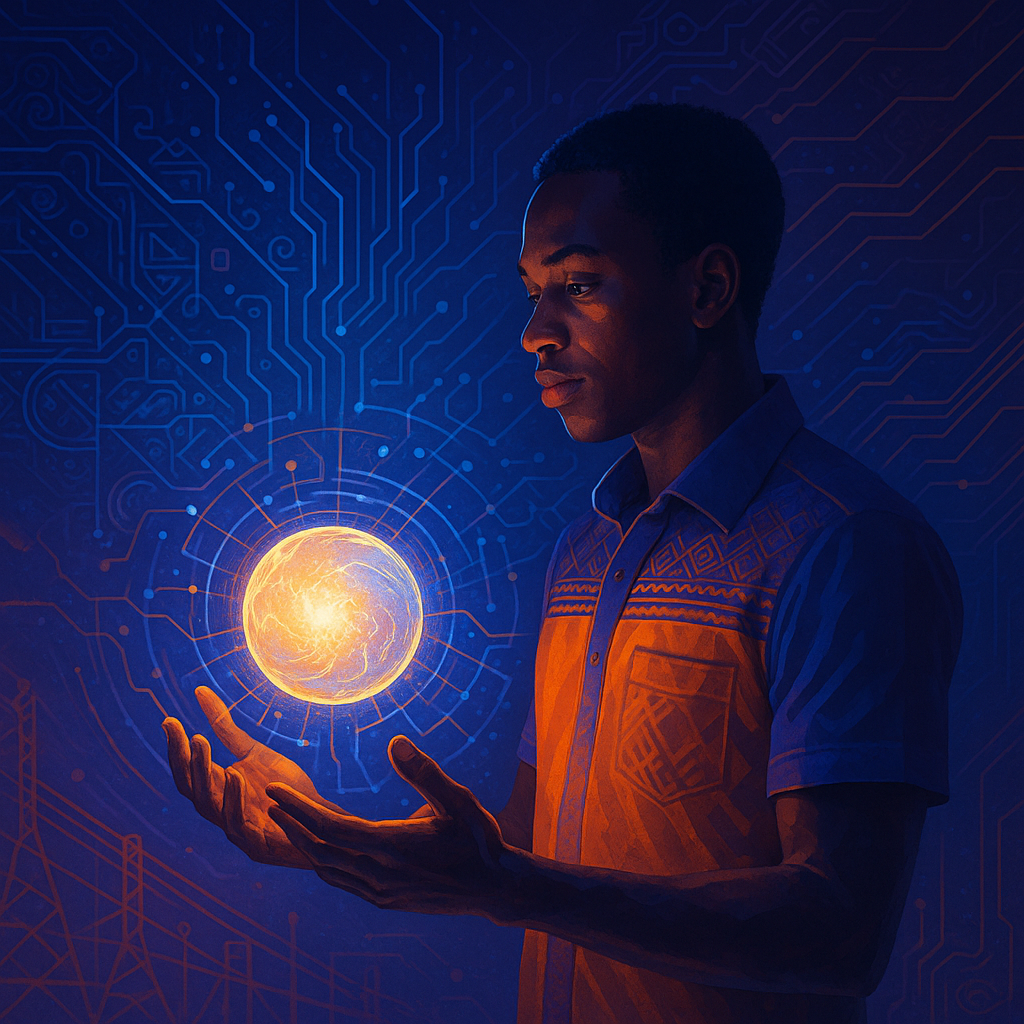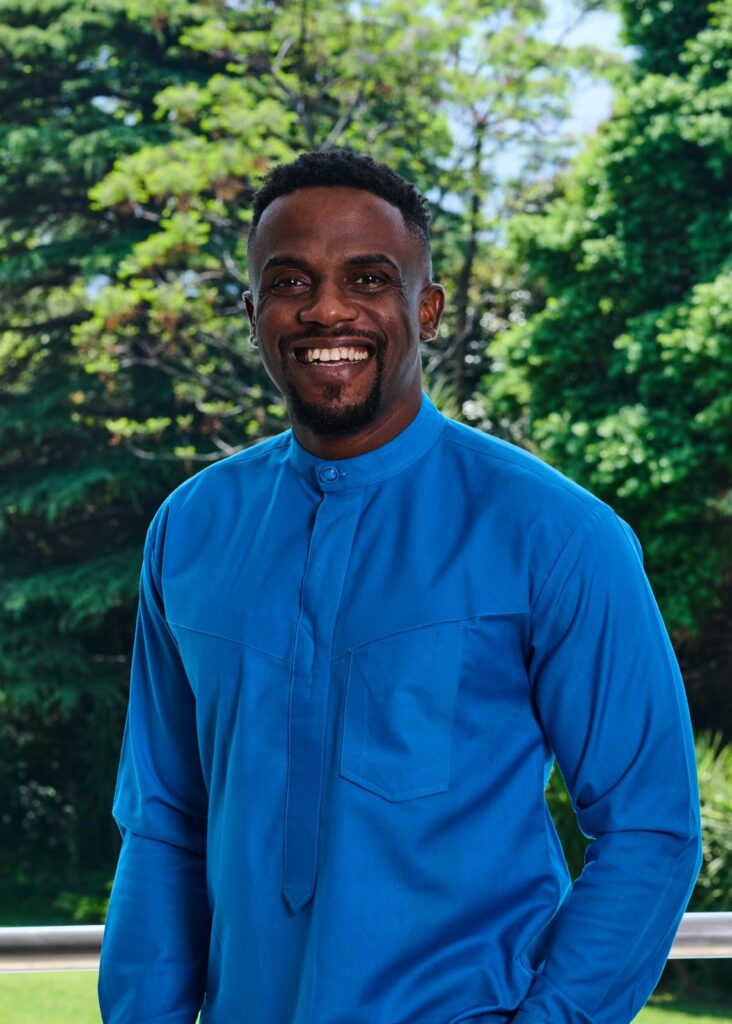In the beginning, God spoke—and the world was.
This ancient creation story reveals something profound: speech, imagination, and intention gave birth to reality. “Let there be light,” and light emerged. God’s voice didn’t merely describe—it created.
Then, perhaps even more remarkably, He stepped back. After forming humanity in His image, God rested. Creation wasn’t complete—it was entrusted. Human beings were not just made to survive but to create, shape, and steward a world still unfolding.
For millennia, we created through labor—by hand, by tool, by intellect. But today, something extraordinary is happening:
We are creating with words.
From Command to Prompt: Intention Made Manifest
In the age of Artificial Intelligence, the prompt is becoming our new Genesis.
We type, “Draw a futuristic city at dusk,” and within seconds, it appears. We ask for code, poems, music, stories—and they materialize. This isn’t just a technical breakthrough. It’s a creative revolution.
AI is restoring us to something ancient: the ability to shape reality through language—through intention.
And this time, it’s not reserved for the few. Anyone with imagination and a keyboard can now bring ideas into existence. The divide between thought and action, dream and execution, is shrinking.
Our intentions are gaining velocity. And with that, power.
The Tower of Babel: A Lesson in Unified Intention
Remember the Tower of Babel?
In Genesis, humanity united with one language and one purpose—to build a tower reaching the heavens. And God said something striking:
“If as one people speaking the same language they have begun to do this, then nothing they plan to do will be impossible for them.”
It wasn’t the tower that posed the problem—it was the intention behind it, multiplied by unity and clarity of speech. So God scattered their language, diffusing their power.
Today, through AI, we’re witnessing a reversal of Babel.
Language is once again becoming the great unifier. We speak into machines, and they understand—across disciplines, across formats, even across languages. AI doesn’t just translate words. It translates intention into action.
AI as a Mirror of the Human Will
AI does not act independently—it reflects. It amplifies our thoughts, our values, our imagination.
Every prompt is a mirror. It doesn’t just create; it reveals.
So we must ask:
What is it reflecting back?
Are we generating noise or clarity?
Are we designing for connection or convenience?
Are we chasing novelty or nurturing meaning?
AI is not neutral. It is a force multiplier. And the force it multiplies—is ours.
The New Kind of Rest: From Production to Presence
As AI takes on more of the “doing,” we are entering a new era of rest—not passive, but intentional.
This mirrors the divine rhythm: create, then step back. Not to disengage, but to entrust.
With AI handling execution, we are being called back to the source—our why. Our values. Our vision.
This is not a time for idleness, but a time for clarity.
Not just output, but outcome.
Not just capability, but character.
Prompting as an Ethical Act
If words now create worlds, then prompting is not trivial—it’s moral. It’s spiritual. It carries weight.
Our prompts expose what we hope for, what we fear, what we deem worthy of bringing into existence.
So we must ask ourselves:
- Are we creating tools of truth or engines of deception?
- Are we designing for human flourishing or just digital spectacle?
- Are we building with beauty and wisdom—or with haste and hubris?
AI does not absolve us of responsibility. It intensifies it.
The machine listens. But what truly matters—is the voice behind the prompt.
Conclusion: The Word Becomes Flesh—Again
In ancient scripture, the Word was more than sound. It was power. It was purpose. It became flesh.
Today, we whisper into our machines, and they respond.
This isn’t the end of our creativity. It’s a new canvas. A new collaboration. A new calling.
We were always meant to create—not in isolation, but in relationship:
With the divine.
With one another.
With the world.
AI gives us a new medium—but the message remains ours to shape.
So the question is no longer: “Will we prompt?”
The real question is:
What kind of world will our intentions bring forth


